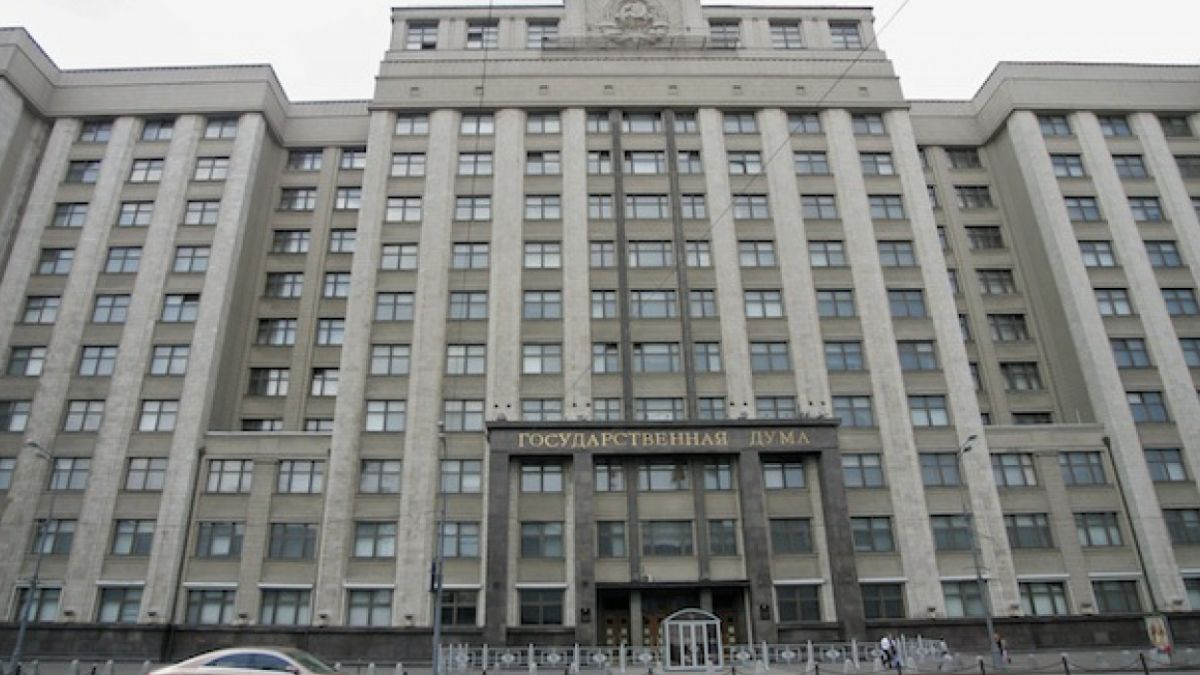Russia is considering its response to the recent deployment of U.S. weapons in Germany. Simultaneously, the European Union is taking steps to enhance its military capabilities, a development seen by many as a significant shift in the continent’s defence strategy.
Russia’s Defence Ministry expressed serious concerns over the presence of advanced U.S. military equipment on German soil. “The deployment of these weapons is a provocative act that undermines regional stability,” said Defence Minister Sergei Shoigu. “We are closely monitoring the situation and will take the required measures to ensure our national security.”
The specifics of Russia’s response remain unclear, but analysts predict a range of possible actions, from increased military drills near its western borders to potential deployments of its own advanced weaponry in strategic locations.
This development comes as the European Union is making concerted efforts to bolster its defence posture. Recent meetings of EU defence ministers have focused on the formation of a unified military force capable of rapid deployment in crises. The initiative, driven by concerns over Russia’s assertiveness and the evolving security landscape, marks a significant shift from the EU’s traditionally cautious approach to military integration.
“The European Union must be prepared to defend its interests and ensure the security of its member states,” said Josep Borrell, the EU’s High Representative for Foreign Affairs and Security Policy.
The simultaneous moves by Russia and the EU highlight a growing militarization in Europe, tending to one make think of Cold War dynamics. NATO officials have expressed support for the EU’s efforts, viewing them as complementary to the alliance’s objectives. However, they have also called for cautious coordination to avoid overlapping responsibilities and ensure effective defence cooperation.
As these developments unfold, the potential for increased military confrontation in Europe looms large. Both sides have stressed their commitment to dialogue and diplomacy, but the rapid pace of military preparations suggests that the region is entering a new phase of strategic competition.

